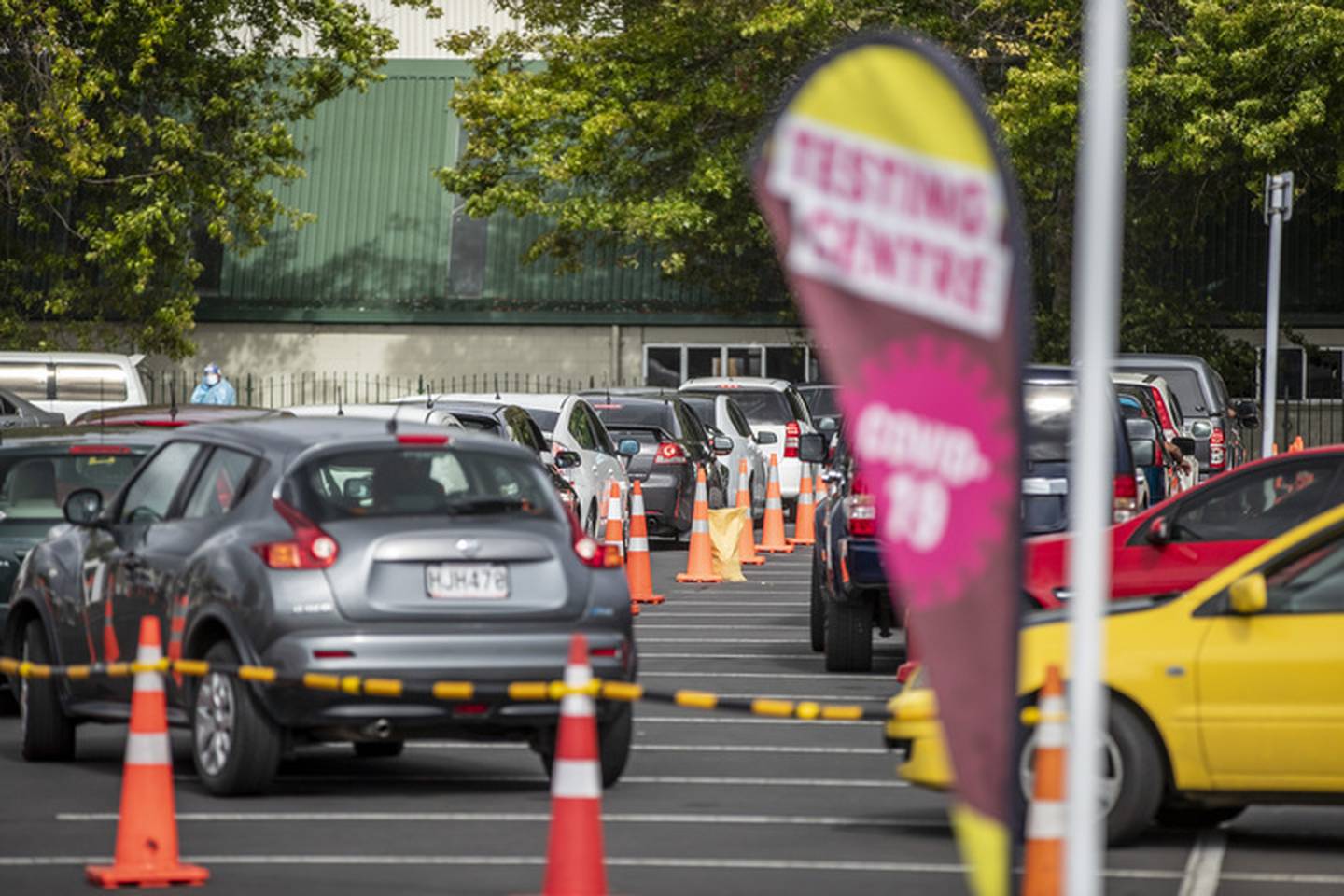The latest family infected with Covid-19 failed to tell authorities they had contact with another household during the last three-day lockdown.
Prime Minister Jacinda Ardern told Newstalk ZB's Mike Hosking today the discovery was only made after several calls to the family by health officials.
This now meant there was a direct chain of transmission in the current outbreak.
"Obviously we've had contact here in level 3 when it shouldn't have happened," she said.
"This was a family who was already identified as having Covid and so was part of contact tracing and did not identify that they did have contact with this family.
"Had we known this, the other family that we've now found a week later, they would have been a close contact and they would have been in quarantine and we would not have had this situation. The truth is so important to us."

She said whether or not any action would result was not up to her.
"People do dumb things but we're not going to get through this if people pillory them to the point they do not tell the truth."
She believed the heightened level of public accountability would in future be the greatest deterrent for not sharing all details with officials.
In future, anyone not complying with isolation rules could expect a knock at the door from police.
Aucklanders were plunged back in level-3 restrictions for a full week from early yesterday, with the rest of New Zealand in level 2 after the 21-year-old MIT student - known as Case M - visited various public locations before testing positive.
He then went to the gym when he should have been in isolation. His mother, Case N, has also tested positive.
Last night, a new case - Case O - was revealed from the same household, while several new locations of interest were released into the movements of Case M, including an MIT cafe and Pak'nSave Cavendish Drive, as well as new times for Hunter Plaza and the City Fitness gym there.
Because the latest cases were of the highly transmissible and unpredictable UK strain, Ardern said it was unlikely Auckland would be moving out of level 3 before the seven-day lockdown was finished.

Meanwhile, microbiologist Associate Professor Dr Siouxsie Wells said a move to level 4 could be a possibility if more community cases are detected in the community in the next couple of days.
"There may be multiple people who are currently incubating the virus [in the community] and will test positive in the next few days.
"Certainly, level 4 restrictions would deal with [the outbreak] faster because there are much fewer interactions between people."
At the moment, health officials check in on people who are meant to be isolating via a phone call.
If a health official can't get hold of someone who is meant to be isolating, there will be an in-person visit which could involve the police, if necessary.
But National is calling for the Government to go further.
For example, random phone calls to those who should be in isolation and a request for them to confirm their location with a video call or photographic evidence.
"Monitoring of self-isolators should be ramped up to guarantee compliance," National's Covid-19 Response spokesperson Chris Bishop said.
"This means regular spot checks, and if no contact is made within 24 hours then the police are involved."

Meanwhile, people were this morning flocking to a Covid-19 testing station in Ōtara with nearly 100 cars in the car park.
A Herald photographer at the scene said it was busy but not operating at full capacity.
"The queue is contained to the car park, but not spilling out onto road."
And traffic at Auckland's southern police checkpoint was relatively free-flowing from 9am today after a brief rush a couple of hours earlier.
Speaking to Newstalk ZB at the checkpoint. Senior Sergeant Jonathon Chappell, said 23,000 vehicles had been through the five checkpoints on Auckland's southern border since the start of the lockdown.
He told the AM Show that figure was just under the total amount of vehicles that went through the city's checkpoints during the recent three-day lockdown.
In 22 hours, only 320 vehicles had been turned back for either not having a legitimate reason for travelling or not having the required paperwork, he said.












